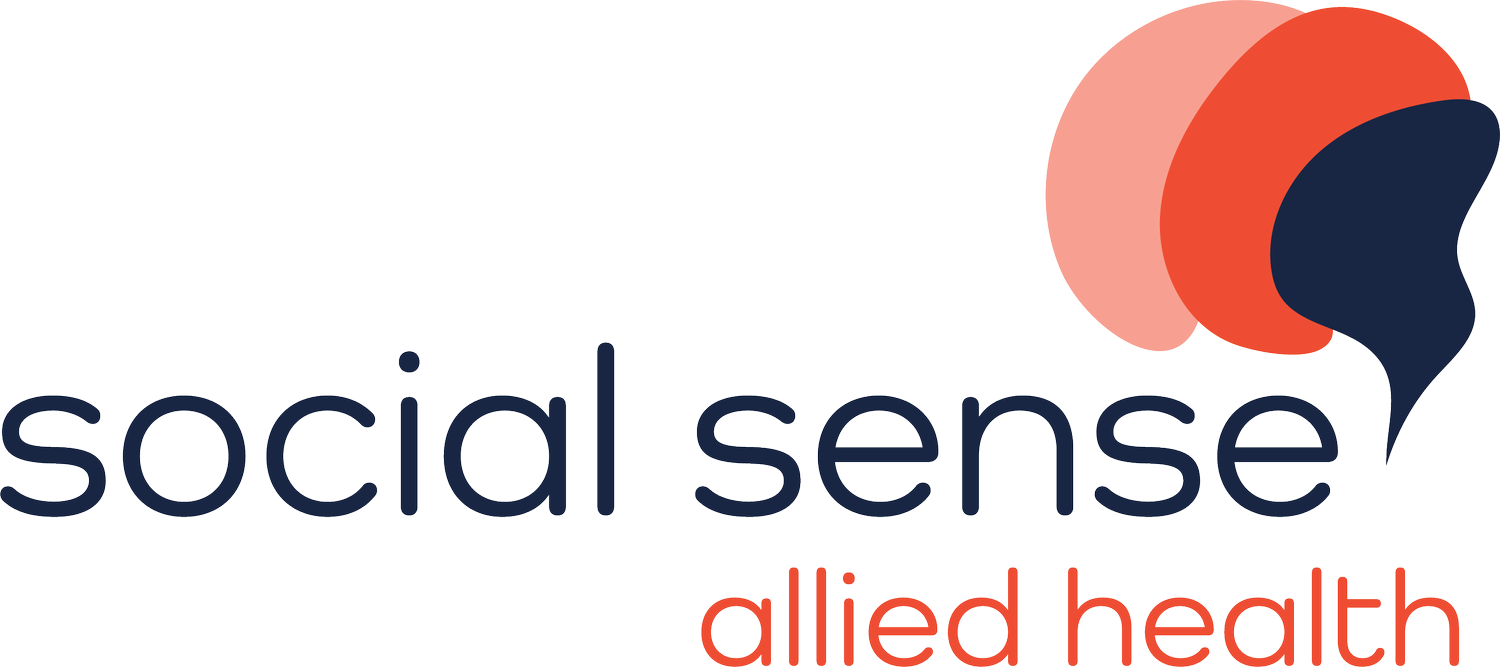Neurodiversity Training
What is neurodiversity training?
Training is an intervention that aims to help people who identify as neurodiverse and draw on their personal strengths as well as to negotiate their differences and cope with life on a daily basis in a neurotypical world. The training relationship has a collaborative focus with the coach and client working together in partnership. The aim is to replace old behaviour patterns with new ones, as well as to identify personal goals and generate strategies to counter potential obstacles to achievement and success. Neurodiversity training shares common elements with cognitive behavioural interventions, particularly with environmental modification and behavioural modification components. The research evidence highlights a range of frameworks applicable to the neurodiversity context targeting, motivation, implementation, self-regulation and self-actualisation. We use a training framework that is effective in supporting a person’s executive functioning, symptoms, self-esteem, wellbeing, and quality of life. Training can also improve a person’s satisfaction with the new systems and strategies and leads to a maintenance of the gains. Training can target a certain area of your life, for instance, applying for jobs and what to say (and how to say it) about your neurodivergence on applications and at job interview situations.
What does training help with?
Training helps with everyday situations and challenges such as making friends, focussing on study, maintaining a relationships, getting and keeping a job, getting tasks done at home, managing masking, understanding stimming, managing fidgeting and restlessness, memory issues such as remembering key dates and tasks, planning and setting goals, feeling comfortable in new social situations, understanding your sensory needs, rejection sensitivity, managing your body budget (energy in and energy out), keeping control of your thoughts, words, actions and emotions, keeping healthy sleep patterns, eating well, committing to exercise and the ability to keep going when times get tough. Other areas training can help include:
Developing self awareness as a neurodivergent child or adult and how to harness the strengths of your brain.
Enhancing your communication, and changing unhelpful behaviour.
Identifying unhelpful thoughts and feelings which drive these behaviours and their outcomes.
Understanding your triggers for overwhelm and making holistic changes to manage your life to reduce stress.
Psychoeducation about neurodivergence and exploration about it’s impacts.
Practical strategies to improve executive function, neurodivergence ‘life hacks’ to get you organised, reduce overwhelm and feel in control.
Improving the quality of intimate relationships.
Making your neurodivergence work for you in your career.
Understanding neurodivergence burnout and putting prevention strategies in place.
Juggling the demands of work, parenting, relationships, personal life admin, and still finding time for yourself.
Facilitating in depth self understanding as a an adult and how to live with the complexities of being intelligent and neurodivergent.
Understanding perfectionism, it’s origins and how impacts whether you feel content or happy.
Improving your confidence, and letting go of unrealistic expectations or self-imposed limitations.
What sort of things will the trainer ask me?
What changes do you want to make in your daily life?
Do you know your sensory profile?
What small steps can you take today in the direction of your goals?
How can you motivate yourself to take action towards this goal?
When must this action be completed?
What steps have you taken already, and when will you take the remaining steps?
How will you evaluate the impact of your plan?
What skills will I learn?
The person learns how to apply individually customised tools and coping strategies to lessen the consequences of neural differences. Neurodiverse coaching is solution-focused and strength-based, which aims to support the client towards finding strategies, building skills and empowers them to manage differences and traits better; it also explores and identifies the client’s areas of strengths and passion. Neurodiversity coaching combines three key skill sets:
collaborative, client-centred, client-driven process to support the person’s empowerment
education about neurodiversity and related topics, as well as tools and resources
skills coaching to build on the person’s strengths and resources, and develop conscious competence of new systems and strategies (such as time blocking, habit stacking and many more).
Contact hello@socialsense.com.au for more information




